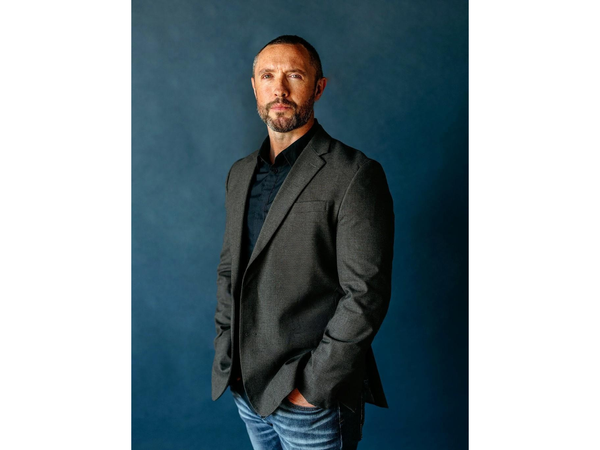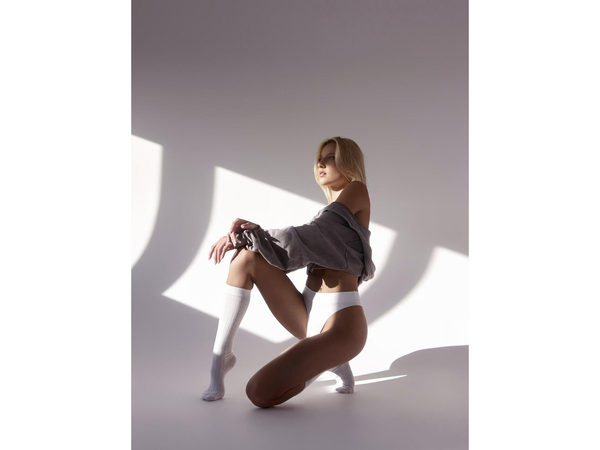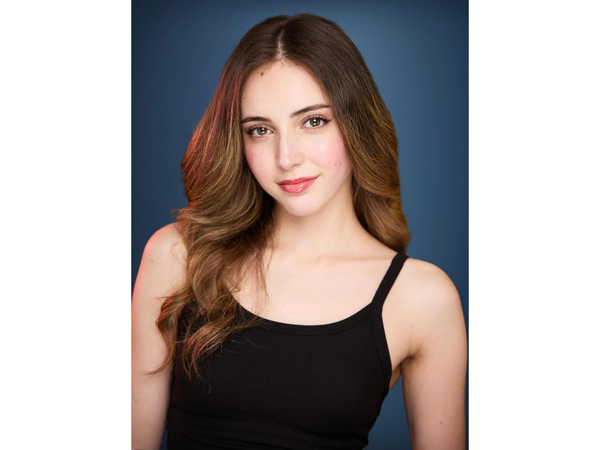CAROLA COLOMBO TALKS HELLBOY: THE CROOKED MAN
"Is always a reason to justify the character"
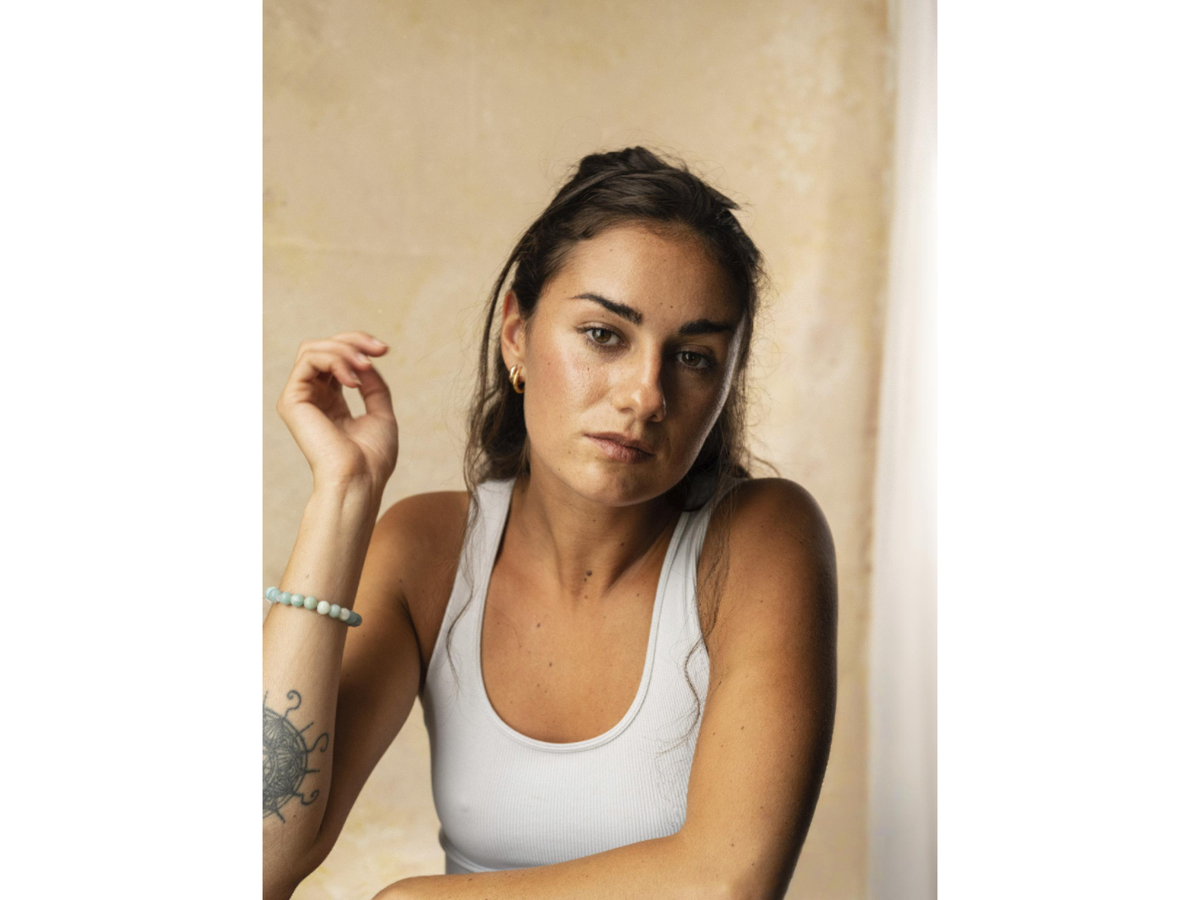
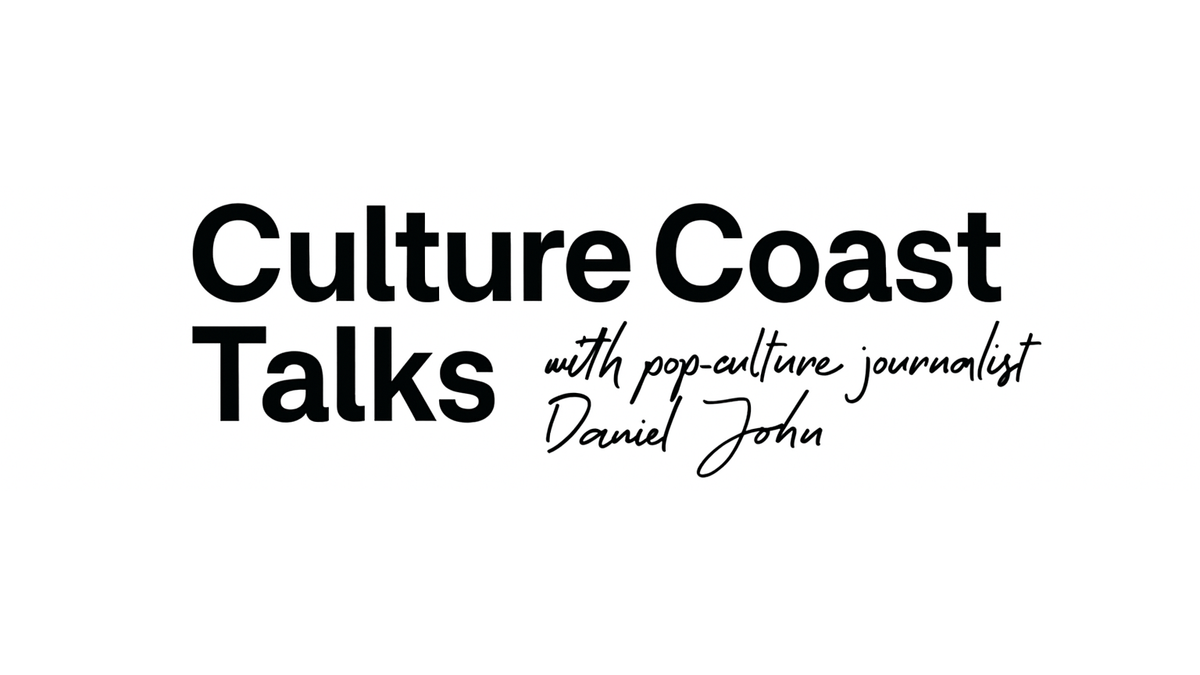
How did your story lead you to the stage?
Oh, well, unfortunately for you, nothing heartbreaking or emotional. A friend of mine was part of our small town theatre company, Il Veliero in Borgosesia, and every Thursday night he would go to rehearsal. One day I walked him to his rehearsal and the girl playing "the maid that screams" was ill, so the cast handed me the script. It said, “The Maid Enters. She Screams. Maid Exits.” I did it, I was so bad and I hated screaming on stage so I thought, "Maybe this is something I could improve on".
Not every actor, not even one with as much stage experience as you now some time later have, would make their feature–film debut in a big comic book film like ‘Hellboy’. How did it come about for you to make your on screen debut in ‘The Crooked Man’?
My agent at the time thought I would be a great casting for it and she put me forward. She was probably right, as we received a quick positive response from the production. It was a long, scary and extremely creative process.
These films share many elements with the Shakespearen theatre you often performed on stage. Would you say the physicality of a theatre performance lends itself well to the heightended space of a comic book-movie?
There are definitively multiple elements where these two worlds coexist. You feel immersed in the production and world, but in a different way. This was my very first experience on a set, and let me tell you, compared to a theatre production it looks like chaos, an extremely organised chaos. But I found myself in a place where time was stretched within the process of filming. On this specific set, I felt completely immersed into the rhythm of the production, so much so I could believe everything that was happening on this "planet earth" twenty-four seven. What a privilege. It felt like going to another reality. Theatre, on the other hand, is an experience confined in time, the audience goes into the theatre, and they go out, they go home, but the audience is left with a memory of the play. A movie feels retrievable, something that can always stay before your eyes, something that can be replayed. That is scary, I love scariness.
This is the fourth film based upon the comic book but the very first time we get to see Sarah Hughes brought to life in a film. I guess that’s at least one similarity between you. She of course is the mother of Hellboy but has quite the story and lineage herself?
I knew the comic as it was my brother and I’s favourite when we were young. I tried to approach it with as much care as possible. I love details, I love obsessing in a healthy way, maybe, over the psychological journey of a character. With Sarah I had the possibility to explore her through the comic and her historical lineage, which could be traced back to the daughter of the witch Katheryn of Gilfach and Mordred, who was the bastard son of King Arthur and his half-sister, Morgan Le Fey. I mean how mythologically rich as a character! It was beautiful to explore the reason behind her life’s decisions.
How do you connect with a new character?
Every single element of a character can potentially reveal why they express themselves in a specific way, there is always a reason and I love to justify the character. I’ve never expected anything from characters, I’d rather let the character expect something from me instead. I work hard to let them flood me and my performance with their essence.
Is there any role among your theatre-credits you think would be interesting to get back to on film?
Every Shakespeare comes to mind. Shakespeare’s characters are always adaptable to the time we live in. I’ve seen recently, in Italy as I’m Italian, beautiful adaptations for both stage and screen based on Shakespeare’s plays. As an example, 'Non Sono Quello Che Sono' by Edoardo Leo, which is a modern revisitation of 'Othello'. As Shakespeare once did there is a need to talk to the people. The adaptation spreads awareness on feminicide, and the role of patriarchy, which is essential for it to become a matter of discussion, and the topic acknowledged and yet handled in cautious hands. This type of project is one of my goals for a future role.
Are you currently up to anything creatively?
I’m currently very invested in this small project about Lyda Borelli, that is going to be performed at Teatro Gerolamo in Milan! Swing by if you are in Milan!


